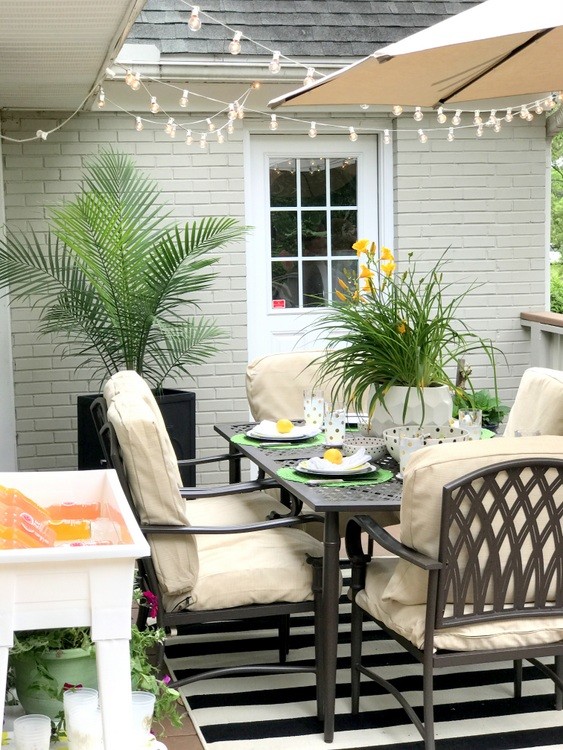(BPT) – The arrival of El Niño weather conditions from the Pacific has made the summer of 2023 one of the hottest on record. Hotter conditions don’t just make it uncomfortable for you; it also takes its toll on your home. This extreme heat can lead to significant damage and costly repairs.
“Scorching temperatures can cause your home’s structure to expand and contract, putting stress on the physical building,” said Bonnie Lee, Vice President of Property Claims at Mercury Insurance. “Homeowners can protect their property by performing routine inspections of their home, even during the summer months, to identify any problems and take appropriate measures to address them.”
Hot weather has a major impact on your roof. Roofs are particularly vulnerable to heat damage because of their constant exposure to the elements. Under persistent exposure to high temperatures, roofing materials can warp and crack, leading to leakages. Heat also tends to dry out caulking and may weaken the structural integrity of roofing components. Homes with attics may also experience extra heat because airflow is typically stagnant in this area, which can increase the temperature in the home.
During the summer, check on your roof’s insulation. Insulation prevents excessive heat from penetrating indoors, reducing the workload on your roof as well as the wear and tear on your heating and air conditioning system. Make sure to also examine ceilings and walls for water stains or spots that could indicate a leak from your roof. Schedule a routine roof inspection and attend to any small repairs that may be needed before the rainier weather sets in.
“Catching and fixing minor issues before they escalate into major problems can prolong the lifespan of your roof so it remains resilient against all kinds of weather,” said Lee.
Dry soil affects your foundation. The dehydrating effects of heat from the hotter months can cause structural damage to the foundation of your home. The foundation relies on the surrounding soil as a consistent support system. As the ground heats up and moisture evaporates, the soil can separate from the home which can lead to instability.
Large trees close to the home can compromise the ground around your foundation, as they draw moisture through their roots and quickly dry out the dirt. If you have large trees near the perimeter of your home, make sure they are getting adequate moisture so they don’t drain all the water from the surrounding soil. Consider using a timed sprinkler system to keep the grounds around your home hydrated.
Protect pipes from extreme heat. It may come as a surprise, but water leaks in your home tend to occur more frequently when temperatures rise. Heat can cause pipes to expand, leading to leaks and bursts. In fact, July is known to be one of the busiest months for homeowners’ claims related to water damage, especially those caused by blocked HVAC drains. Water damage accounts for nearly half of all homeowners’ claims.
Check the caulking and sealing around your pipes and look for any cracks or tears in appliance hosing regularly. Damaged pipes and hoses can cause significant water damage, making it important to replace them at the first sign of compromise.
Water leak detection devices are an excellent tool for identifying various types of leaks, even the ones that are hidden from sight. Professionally installed water pressure sensors that monitor water flow, for example, can send a notification to a homeowner’s smartphone to let them know of a potential issue. Insurance companies like Mercury will often provide a discount for homes that implement water leak detection devices.
Safeguard areas around windows and doors. Prolonged exposure to heat can cause caulking around windows and doors to dry out and crack, compromising their energy efficiency and making them vulnerable to air and water leaks. If you notice dry or cracked caulking, remove as much of it as possible and reseal. Weather stripping installed in these areas will help to keep hot air from entering the home and cool air from escaping.
“To protect your home from the extreme heat, conduct routine maintenance before, during and after the summer season to help avoid costly repairs,” said Lee. “A little preventive maintenance can go a long way in avoiding heat-related damage to your home.”

